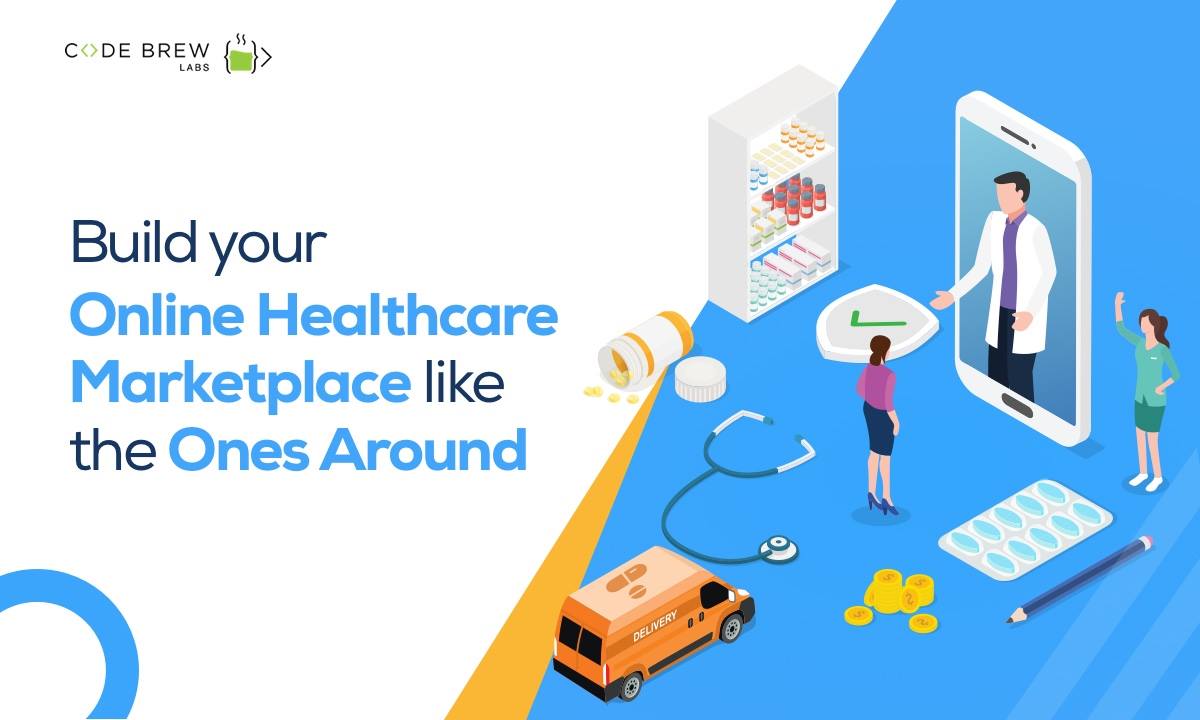How Subscription Based Healthcare is Reinventing Patient Accessibility to Services
How Subscription Based Healthcare is Reinventing Patient Accessibility to Services
Blog Article
The Surge of Subscription-Based Healthcare and Its Influence On Person Treatment
As healthcare evolves, the subscription-based design is getting grip, guaranteeing to transform individual treatment by providing predictability and availability. These versions, which bypass typical insurance policy, might redefine the patient-doctor dynamic, highlighting personalized and preventive care. As with any kind of technology, they present challenges, especially worrying equitable access for all socioeconomic teams. The possibility for these versions to reshape health care delivery elevates pressing concerns about their long-term sustainability and inclusivity. Are these subscription solutions the future of medical care, or do they risk leaving susceptible populations behind? The ins and outs of this change warrant a closer exam.
Understanding Subscription Medical Care Models
Realizing the concept of membership medical care versions involves checking out a transformative approach to medical services that highlights cost and ease of access. These models, commonly described as straight medical care (DPC) or concierge medicine, have actually emerged as cutting-edge options to typical fee-for-service health care systems. Subscription health care allows clients to pay a set regular monthly or annual charge for a specified set of medical solutions, which may include unrestricted workplace brows through, regular exams, and fundamental lab examinations, without the demand for typical insurance coverage invoicing.
The structure of membership medical care models is made to simplify individual treatment by removing third-party payers and intricate billing codes, consequently reducing management problems. Doctor can concentrate more on person treatment, fostering more powerful patient-provider partnerships. This design additionally promotes preventative care by motivating routine visits, as the financial obstacle of per-visit costs is eliminated.
The subscription model often encourages medical care suppliers to manage smaller sized patient panels, enabling more tailored treatment. It straightens economic rewards with client wellness results, as companies are inspired to preserve client contentment and wellness. Overall, comprehending subscription medical care versions needs identifying their possible to reshape exactly how treatment is supplied and accessed.
Benefits for People and Suppliers

With a constant earnings stream, healthcare specialists can dedicate even more time to each person, leading to an extra complete and individualized treatment experience. The emphasis on preventative care within membership plans can lead to much better individual results and decreased long-lasting health care expenses.
Difficulties and Worries
While subscription-based healthcare designs existing various benefits, they likewise come with a collection of obstacles and issues that should be dealt with. This increases honest questions about fair access to health care services.
Financial sustainability of subscription-based models is an additional issue. Providers should stabilize the fixed income from subscriptions with the variable prices of health care services, which might vary due to unpredicted medical needs. This can produce pressure to limit services or increase charges, potentially affecting client complete satisfaction and care high quality.
Furthermore, regulative oversight of subscription-based health care designs is still progressing. Resolving these challenges is crucial for the effective and equitable implementation of subscription-based medical care.
Effect on Patient-Doctor Relationships
One substantial effect of subscription-based medical care designs on patient-doctor partnerships is the Look At This capacity for enhanced continuity and individualized care. By adopting a subscription version, doctors can manage a smaller sized client panel, permitting more specialized time with each person. This boosted schedule promotes a much deeper understanding of a client's medical background, way of life, and choices, making it possible for more tailored therapy plans and treatments.

However, it is very important to identify that while subscription-based designs may benefit those that can afford them, they might unintentionally widen health care variations. Individuals who are incapable to get involved in these designs might experience decreased access to customized treatment, possibly affecting their connections with doctor. Thus, while the membership model supplies appealing benefits for patient-doctor connections, it additionally positions difficulties that require to be addressed to ensure fair healthcare accessibility.
Future of Medical Care Gain Access To

The duty of innovation can not be ignored in this change. Telemedicine systems and electronic health and wellness documents facilitate smooth interaction between patients and healthcare providers, breaking down geographical and logistical read this post here barriers. Additionally, developments in expert system and information analytics can better individualize healthcare by anticipating individual requirements and enhancing treatment plans.
However, the future of medical care accessibility also provides difficulties, such as making certain equity throughout various socio-economic groups. Policymakers and doctor should collaborate to bridge the electronic divide, making sure that subscription-based designs remain economical and inclusive. As these systems grow, they hold the promise of making health care much more accessible, reliable, and patient-centric.
Conclusion
Subscription-based healthcare models are reshaping client treatment by supplying a secure price framework and boosting accessibility. The rise of subscription-based healthcare motivates positive individual involvement, which has the possible to boost person end results and contentment, signifying a transformative change in medical care distribution.
As health care progresses, the subscription-based model is getting traction, assuring to change person treatment by supplying predictability and access.Subscription-based medical care versions use unique advantages for both suppliers and individuals, improving the overall medical care experience.As medical care systems progress, the future of healthcare access regularly pivots on the integration of cutting-edge versions and innovations.Subscription-based healthcare versions are reshaping patient treatment by offering a secure expense structure and boosting ease of access. The rise of subscription-based medical care encourages aggressive client engagement, which has the prospective to improve person results and satisfaction, signifying a transformative shift in medical care delivery.
Report this page